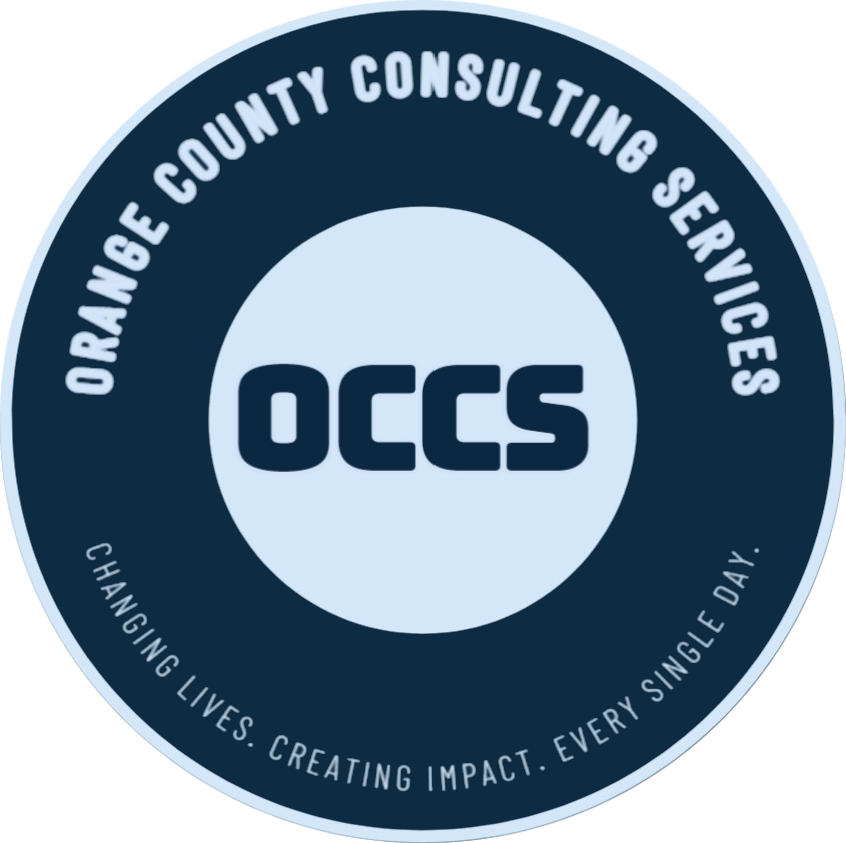Are your EIV Tenant Detail Reports working for you—or against you? This fast-paced, one-hour webinar delivers a focused crash course on identifying and resolving discrepancies before they spiral into compliance findings, repayment obligations, or tenant harm. Designed for affordable housing professionals who already have a basic understanding of EIV, this session equips participants to confidently navigate the complex landscape of HUD’s Enterprise Income Verification (EIV) system, with a special focus on HOTMA Final Rule updates and HUD’s latest implementation guidance.
Through real-world examples and compliance-driven strategies, you’ll learn how to manage scenarios ranging from income mismatches to fraud. Participants will also gain practical insight into HUD’s verification rules, file documentation requirements, and the often-confusing differences between tenant files and master files.
Webinar Objectives
Problem Areas Addressed:
- Audit Findings: Prevent MOR and HUD monitoring violations tied to EIV errors.
- Repayment Liabilities: Avoid costly repayment obligations due to unresolved discrepancies.
- Tenant Rights Issues: Protect residents from subsidy errors or improper terminations.
- Staff Uncertainty: Eliminate confusion about what must be documented, where, and for how long.
- Regulatory Anxiety: Reduce stress around HOTMA updates and shifting HUD compliance expectations.
Webinar Agenda
- Audit Traps: Avoid findings during MORs by properly documenting discrepancy resolution.
- Tenant Impact: Protect resident rights by preventing misapplied subsidy or repayment demands.
- Compliance Risks: Reduce exposure to liability by aligning your practices with HUD standards.
- HOTMA Confusion: Understand what’s changed, what hasn’t, and how to adapt your EIV process accordingly.
Webinar Highlights
By the end of this session, participants will be able to:
- Identify common EIV Tenant Detail Report discrepancies and understand their root causes.
- Apply HUD’s verification and documentation requirements.
- Distinguish between documentation “must-haves” vs. “nice-to-haves” to avoid over- or underdocumenting.
- Incorporate HOTMA-related updates into discrepancy resolution and reporting practices.
- Confidently resolve discrepancies without triggering audit flags, tenant complaints, or HUD findings.
Who Should Attend?
- Compliance Directors and Managers
- Property Managers and Assistant Property Managers
- Occupancy Specialists
- EIV Coordinators and Users
- Asset Managers (Owners, Agents, Management Agents)
- Regional Managers and Portfolio Directors
- Training and Policy Development Officers
We also Recommend
Date
Conferences
Duration
Price
Register
Feb 11, 2026
60 Mins
$179.00
Dec 09, 2025
60 Mins
$179.00
Nov 06, 2025
60 Mins
$179.00
Sep 11, 2025
60 Mins
$199.00
Sep 03, 2025
60 Mins
$199.00
Jun 11, 2025
60 Mins
$199.00
